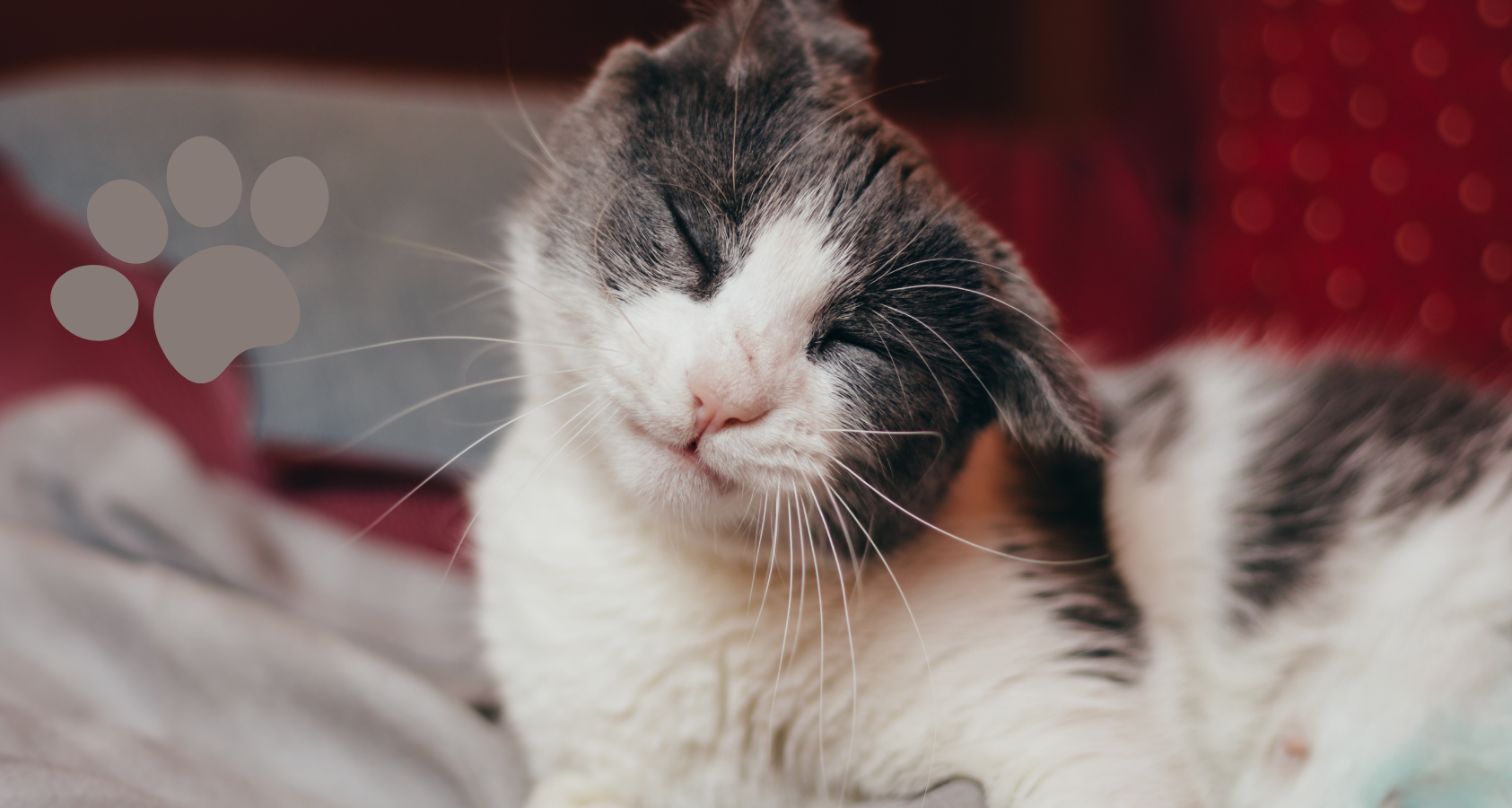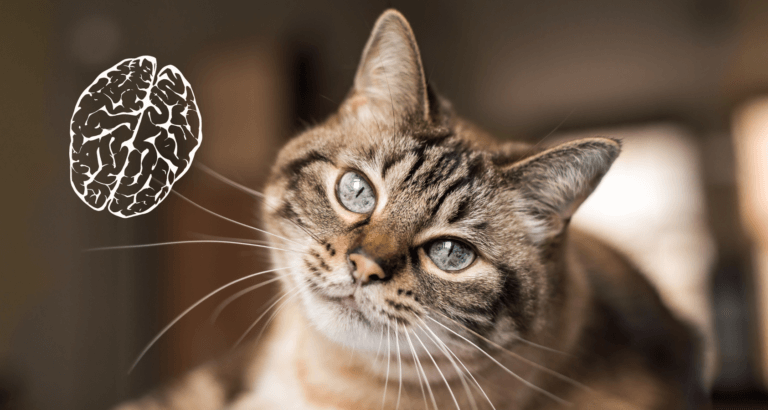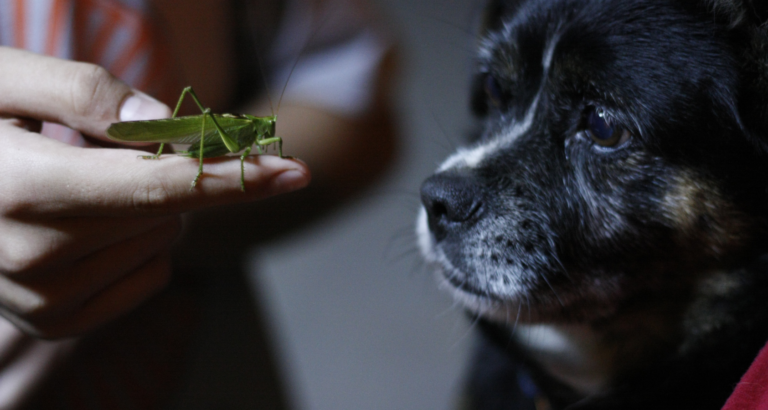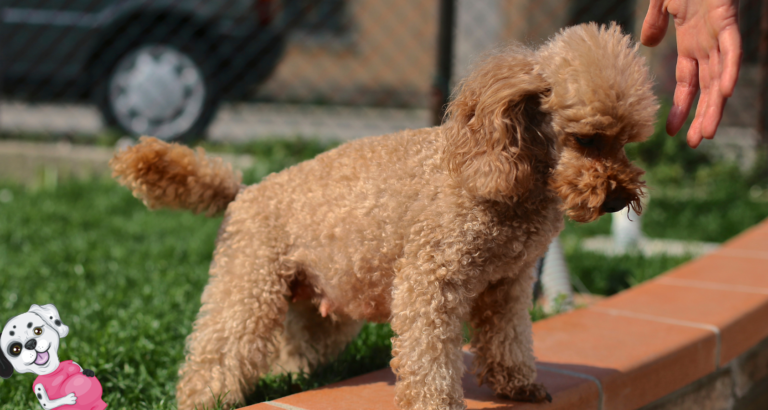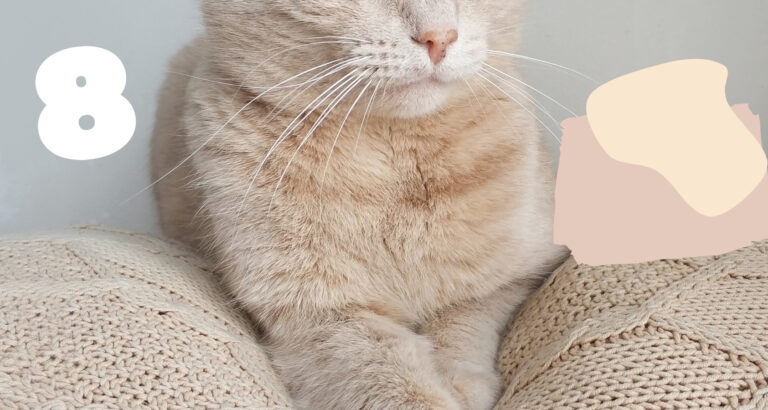Cat Head Shaking like Parkinson’s, Why? (Causes, Symptoms)
Last updated on February 6th, 2024 at 01:50 am
Reading Time: 5 minutesThis post may contain affiliate links. If you click and buy we may make a commission, at no additional charge to you.
Why Is My Cats Head-Shaking? ANSWERED!
If you’re witnessing constant head shaking in your cat, it might be due to a medical condition. The condition can be either minor and treated at home or serious and require a vet visit. Regardless of whether it’s an ear infection or any serious medical condition, you need to consult your vet and get it fixed immediately. Here are some answers to why cats shake their heads, and if there’s a treatment.
Related note: cats often use ear movements to communicate.
Can Cats Have Parkinson’s?
If your cat’s head is shaking it might seem like Parkinson’s. However, the question is, can cats have Parkinson’s? No, cats can’t have Parkinson’s like humans, but kittens show some symptoms that seem like and are similar to Parkinson’s disease.
For example, cats show uncontrollable head shaking, lack of balance, tremors, leg weakness, twitching ears, face, eyes, and sluggish gait. So, immediately consult your vet whenever you notice any of these symptoms it’s not Parkinson’s since they can’t have it but it still might be a severe issue.
Reasons Why Cats Shake Head like Parkinson’s?
There can be various reasons behind a cats’ head shaking. The most common cause of head shaking in cats is an ear infection. Ear polyps and myopathy can also cause head shaking in cats. So, read the following reasons and understand why cats twitch their heads like Parkinson’s?
- Ear Infection or Ear Mites
When cats shake their heads constantly, it might be due to ear infections, ear mites, or parasites. These infections can result in severe itching; that’s why cats shake heads again and again. Now you might be wondering what causes ear infections in cats? Don’t worry; we’ll answer this question as well.
Two types of bacteria can cause ear infections in cats, and their names are rod-shaped and cocci bacteria. Moreover, mites like Otodectes cynotis can also result in ear infection and causes severe discomfort. So, when cats shake heads like Parkinson’s, it’s a sign of pain and discomfort.
Don’t delay your vet visit and discuss the problem. The vet can diagnose the reasons behind head shaking in cats by checking ear canals, eardrums, and membranes.
- Aural Hematoma
Another reason for cats head shaking can be an aural hematoma. Luckily, it’s visible from the outside. Whenever you see the earflap of your feline friend is swelled like a pillow, it’s a sign of aural hematoma. Mostly this swelling happens as a result of damage to a blood vessel.
This swelling can put your cats in discomfort. Therefore cats shake heads like Parkinson’s to ease the pain. This problem is associated with ear mites, ear infections, and itchy skin in most cases. You can’t treat it at home so take your kitten to the vet so that they drain the fluid off.
- Allergies and Inflammatory Skin Disease
Allergies can cause severe itching around your cat’s ears, neck, and head. It results in constant head shaking in cats. There can be many reasons for cat allergies, such as food, insects, pollen, dust mite, flea, or grass. Moreover, these allergies can result in inflamed skin, fur loss, and rashes.
These inflammatory diseases put your kitten in discomfort. But the good news is you can treat these allergic conditions at home by giving proper medications.
- Ear Polyps
Ear polyps can also be the reason behind cats head shaking like Parkinson’s. The problem arises when benign grows in the mucous membrane of your cat’s ear. Nasal discharge, head shaking, and sneezing are the symptoms of ear polyps in cats. Moreover, cats act strangely and feel severe pain when they suffer from ear polyps.
- Myopathy or Spasticity
Cats like Sphynx and Devon shake their heads due to myopathy. This problem is common in these cat breeds. It causes high stepping forelimb gait and muscle weakness. When cats suffer from myopathy, they struggle to keep their heads in a normal position. When the Devon cat’s age is between 5 and 7 months, they suffer from myopathy.
- Feline Infectious Peritonitis
It’s another viral infection that results in head shaking. This infection is mostly caused in multiple-cat environments. Watery eyes, head shaking, and nasal discharge are the signs of FIP. In worst cases, cats lose appetite and become depressed. Moreover, some cats suffer from breathing difficulty and diarrhea as well.
- Oral Problems
Oral problems like tooth disease, gum problems, periodontitis, and gingivitis can also be the reason for head shaking. All these issues might look minor, but they put your cat in discomfort. As a result, the cat stops eating and shakes its head due to distress and pain.
- Insect Bites
Cats are natural predators, and that’s why they’re prone to getting insect bites on their paws and faces. Some common reactions of these bites can be inflammation, swelling, itching, head shaking, and hives. Take your cat for a checkup. When vets diagnose the inflammation is due to an insect bite, they will suggest steroids and antihistamines.
- Tumors on Pancreas
The job of the pancreas is to secret insulin. Unfortunately, when tumors interfere with the pancreas, the pancreas doesn’t function normally, resulting in insulinoma. As a result, the pancreas overproduces insulin and resulting in hypoglycemia. Head shaking in cats is a common symptom of the problem.
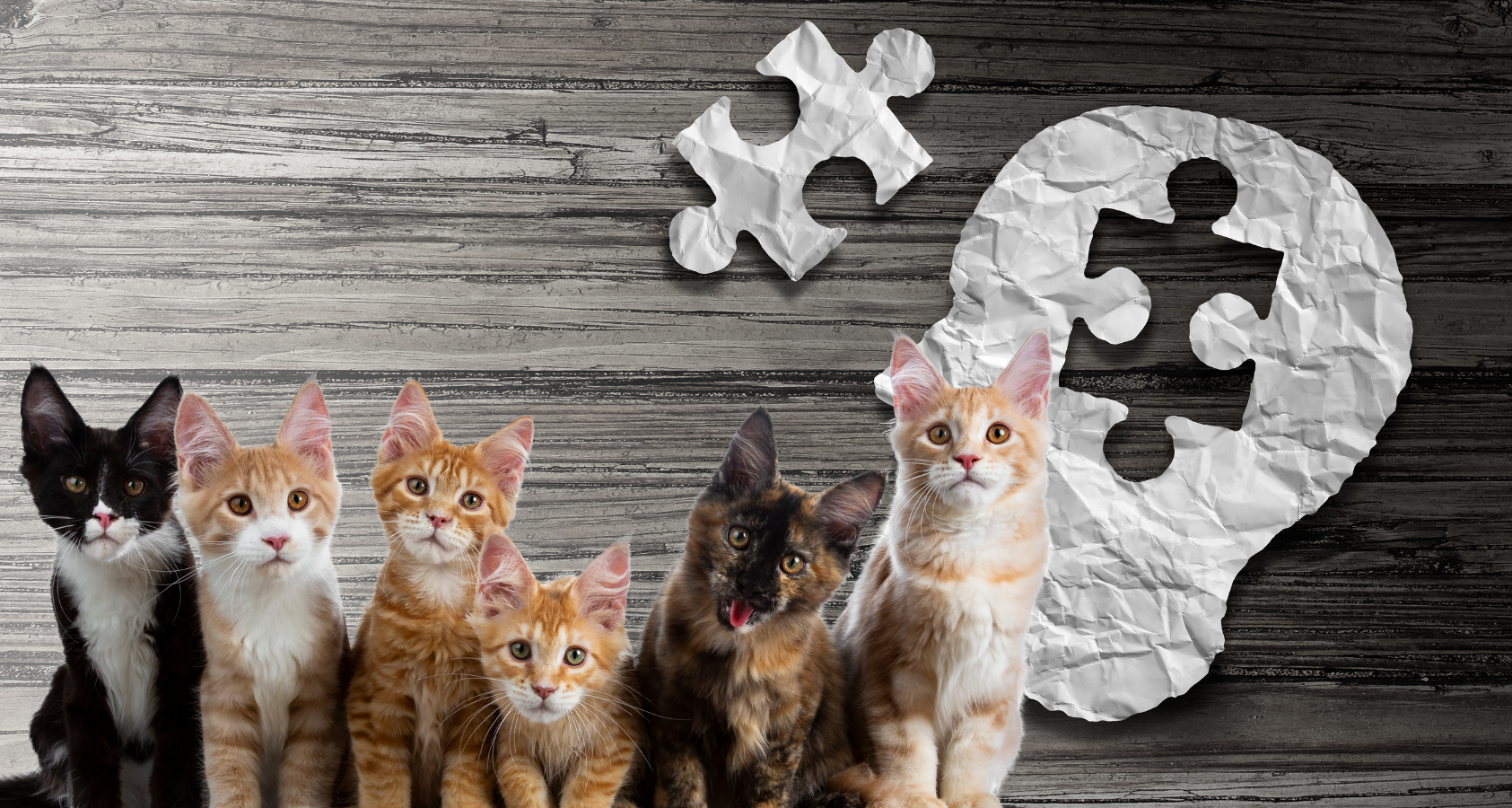
Why Is My Cat Shaking It’s Head and Losing Balance
There can be many reasons for head shaking and losing balance in cats. Your cat might be suffering from head trauma or an inner ear infection. Any central nervous system disease can also result in repeated head shaking.
Moreover, tumors in the ear canals can also result in head shaking, and your cat loses balance. However, both these issues can be due to some toxic drugs. Both these conditions are not good for cats, so you need to consult your vet whenever you observe them.
Symptoms of Cats Head Shaking
When cats shake their head repeatedly, it might be because of any of the causes mentioned above. But you need to keep an eye on the following symptoms so that you can treat the problem immediately.
- Cough
- Seizures
- Sneezing
- Discomfort
- Watery eyes
- Nasal Discharge
- Muscle weakness
- Inflammatory conditions
These are the common symptoms you need to look for.
What to Do When You See Unusual Cats Head-Shaking?
Whenever you observe unusual head shaking in cats for a long time, it’s time to visit your vet. Constant and repeated head shaking is a sign that something is wrong with your cat. When you take your cat to the vet immediately, it will help you treat the condition at an early stage. You can treat minor conditions like allergies and inflammation at home, but you need to consult a vet for severe conditions like swelling, oral problems, and FIP.
A vet will diagnose the exact problem and suggest treatment accordingly. Never use any medicine without the vet’s recommendation. When you use medicine without a prescription, you might harm your cat. Sometimes, the vet will suggest tests to find the root cause of head shaking.
Final Words
Random head shaking might be a sign your cat is playing or feeling happy, but when it happens regularly, it’s due to medical issues. So, you need to monitor your cats to observe any abnormal signs closely. You need to consult your vet to fix the issue at an early stage.
About The Author
Mother, Certified animal Behaviorist who loves pets. Has two dogs and a cat. Trained veterinarian and loves to write about her experiences.

